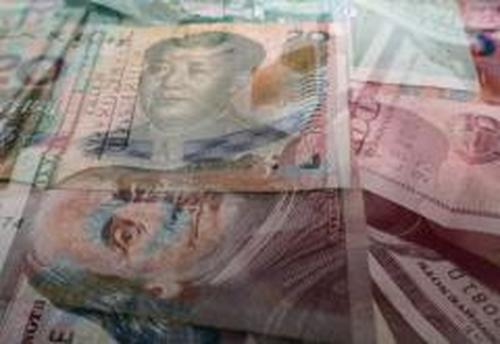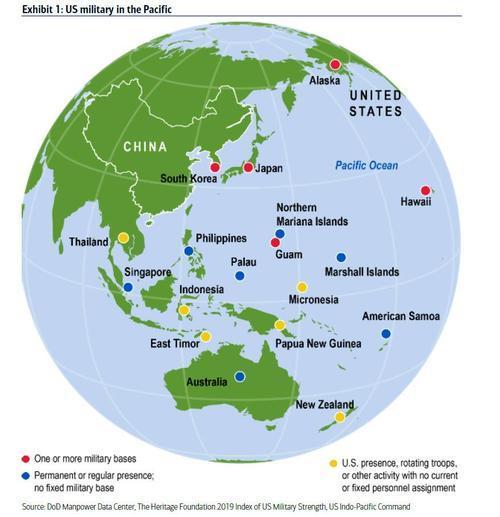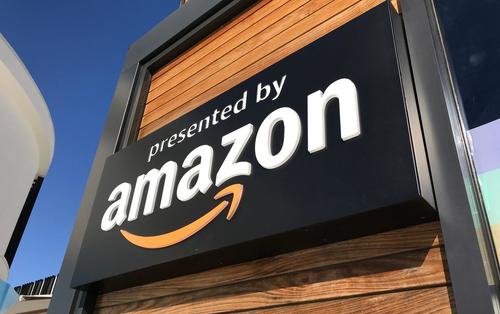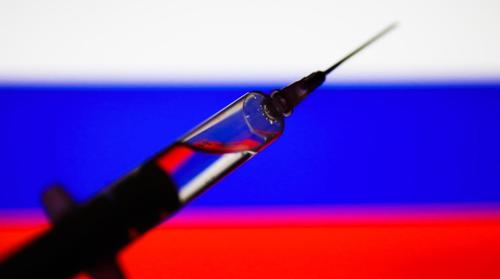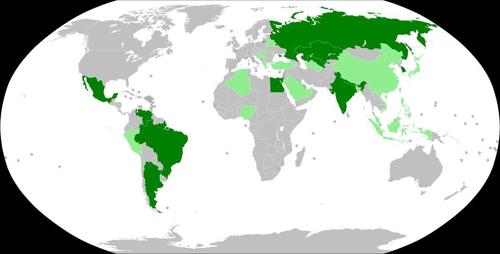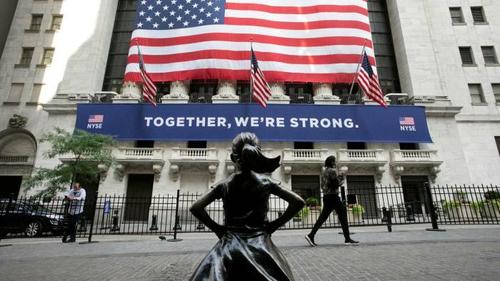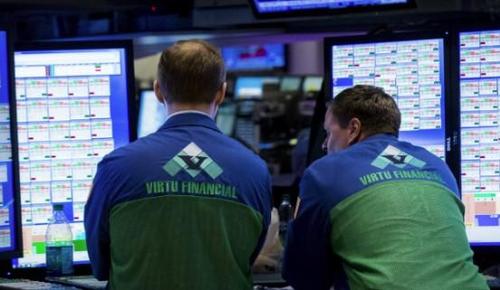I wrote about this case last year, shortly after the Second Circuit panel decision (which was titled U.S. v. Blaszczak) concluding by a 2-1 vote that a federal agency “has a ‘property right in keeping confidential and making exclusive use’ of its nonpublic predecisional information.” Because of this, the panel held that a federal employee’s leak of the information—and the receipt of that information by someone cooperating with the employee—could be felony wire fraud and conversion of government property.
In Blaszczak, the people dealing with the employee were using this information to trade stocks, and some of the securities charges on which they were convicted were focused on that. But the wire fraud and conversion charges did not require a showing of such illegal trading—the parties were convicted for the “theft” of government information quite apart from how the information is used.
Say then that investigative journalists have a relationship with a federal government employee, and cooperate with the employee to get a leak of confidential government “predecisional information” about the government’s planned policy changes. Under the panel’s theory, they too would be guilty of felony conversion of federal property and wire fraud.
Indeed, even if they just get the leak out of the blue, they would likely still be guilty of felony conversion, so long as they knew the leak was of confidential information. In such a situation, they would have “knowingly convert[ed] to [their] use … any … thing of value of the United States,” or “receive[d] … or retain[ed] [such a thing of value] with intent to convert it to [their] use or gain, knowing it to have been embezzled, stolen, purloined or converted.” Participation in the leak itself isn’t required; knowing use of the leaked information suffices. (If the “property” could somehow be valued at under $1000, such behavior would be just a misdemeanor, but I assume that under the federal-predecisional-information-as-property theory that the panel majority adopted, most leaked information would be valued at more than that.)
Nor would journalists have an obvious First Amendment defense that others don’t possess. As I’ve canvassed in my Freedom of the Press as an Industry, or for the Press as a Technology? From the Framing to Today article, the First Amendment generally doesn’t give institutional media more protection than other speakers.
Even if a court could distinguish use of government property for public speech purposes (whether by the media or other speakers) from such use for private purposes, the statutes on which the panel relies draw no such distinction. And the panel’s reasoning as to property draws no such distinction, either: If the predecisional information is federal government property, and using that information for one purpose (selling stocks) is conversion of that property, then using that information for another purpose (selling newspapers) would be as well. Certainly journalists (or independent bloggers or other commentators) have no assurance that they would escape criminal liability under the panel’s theory.
There have been procedural developments since then (there usually are). Several months after the panel decision, the Supreme Court adopted a narrower reading of “property” in Kelly v. U.S.—the Bridgegate case—than some lower courts had done. The defendants in Blaszcak then petitioned the Court for certiorari. (The lead case is now styled Olan v. U.S.). And the government didn’t file a substantive argument about the certworthiness of the case, but instead asked the Court to send the case back down to the Second Circuit:
Petitioners contend that their convictions … are infirm because a federal agency’s predecisional, confidential information about a regulation does not constitute “property” under the federal fraud statutes or a “thing of value” under the federal conversion statute. After the court of appeals issued its decision in this case and denied rehearing, this Court decided Kelly v. U.S., which held that “a scheme to alter … a regulatory choice is not one to appropriate the government’s property.” …
A remand … would allow the court of appeals to consider the issue …. Accordingly, the appropriate course is to grant the petitions for writs of certiorari, vacate the decision below, and remand the case for further consideration in light of Kelly.
I’m pleased to see that the Second Circuit decision will at least likely be reconsidered, though it seems to me to make sense for the Court to be the one doing the reconsidering. The issue strikes me as being of huge First Amendment significance, and likely of even greater securities law significance (though as to the latter I’m not an expert).
Here, by the way, is a passage from the National Association of Criminal Defense Lawyers amicus brief in the Second Circuit phase of the case that puts the substantive issue well:
Consider a government employee, believing the government is about to enact a misguided policy, who makes an interstate telephone call to a journalist and relays “confidential” information about the planned policy. Assume the employee does so in the hope that the journalist’s newspaper will publish the article, that the publication will lead to public pressure, and that the pressure will lead the government to reverse its misguided decision. Further, assume the information will help the newspaper increase its circulation. On the prosecution’s theory in this case, the employee, the journalist, and the newspaper would be well advised to consult with counsel before proceeding, for this conduct would satisfy each element of the fraud and theft offenses for which the defendants were convicted.
It would violate Section 641, as charged in this case, because on the prosecution’s theory all “confidential” information is the government’s property, the information was disclosed without permission, the disclosure was intended to deny the government the “use and benefit” of the property in precisely the manner identified by the prosecution here—undermining the government’s ability to implement a chosen policy—and the information was worth more than $1,000 to the ultimate recipient, the newspaper.
On the prosecution’s theory, this conduct would also violate the fraud statutes, for similar reasons: It would constitute a scheme to deprive the government of what the prosecution contends is government “property”—that is, the information about regulatory plans—and to convert that property to one’s own use (that is, to run a profitable newspaper story).
The prosecution may protest that it would never bring such a case. But the vibrant public discourse guaranteed by the First Amendment requires greater protection than a prosecutor’s indulgence. See McDonnell, 136 S. Ct. at 2372-2373 (“[W]e cannot construe a criminal statute on the assumption that the Government will ‘use it responsibly.'” (quoting United States v. Stevens, 559 U.S. 460, 480 (2010))). When, as here, “the most sweeping reading of [a] statute would fundamentally upset” constitutional constraints on federal prosecution, it “gives … serious reason to doubt the Government’s expansive reading … and calls for [courts] to interpret the statute more narrowly.” Bond v. United States, 572 U.S. 844, 866 (2014).
Of course, information is sometimes treated as property, and indeed business confidential information has been so treated in related areas (as in Carpenter v. U.S. (1987)); that too raises potential First Amendment problems for business journalists whose articles are often based on leaks from within a company.
But the First Amendment concerns become even greater when the information has to do with the inner workings of the government, and not just of a private business. And the case for treating the information as property becomes weaker; to quote again the NACDL brief,
To be sure, the Supreme Court in Carpenter, on which the government relied heavily below, affirmed a fraud conviction based on a scheme to steal and trade on “confidential business information.” But it was critical in Carpenter that the scheme involved a very particular business—the Wall Street Journal—and a very particular kind of information—the planned content of future columns. The Journal obviously held much more than a “regulatory” interest in its forthcoming columns. These columns were, in the Carpenter Court’s words, the Journal’s “stock in trade.” It requires no great leap of logic to find that a newspaper has a property interest in the only thing it sells—the particular stories it plans to print—and that misappropriating such valuable, confidential information is a form of fraud.
Here, by contrast, the information about future regulatory actions is not something the government ever sells, much less its entire stock in trade. And the government can identify only hypothetical regulatory injury from disclosure of the information, unlike the obvious commercial loss at issue in Carpenter....
from Latest – Reason.com https://ift.tt/35aKKZA
via IFTTT
